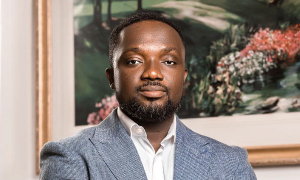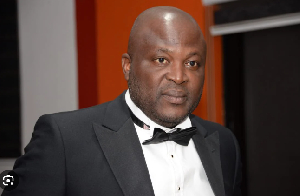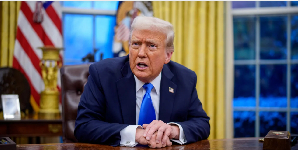Accra, Sept. 7, GNA – Governmental institutions have been called upon to adopt innovative practices like the REFLECT model in its quest to improve adult education in the country.
REFLECT which an acronym is for Regenerated Freirean Literacy through Empow ering Community Techniques enables beneficiaries to identify and plan literacy lessons without having to use primers and other predetermined reading materials which have to be produced every year at huge costs.
The call was contained in a statement signed by Mrs Millicent Akoto, National Coordinator, Pamoja Ghana Reflect Practitioners’ Network, on the occasion of this year’s United Nation’s International Literacy Day.
The day falls on September 8 each year and seeks to draw global attention to the power of literacy as a tool for empowerment.
The statement said the REFLECT uses Participatory Rural Appraisal tools like maps, calendars, matrices and diagrams for discussions to identify the communities’ perceived needs while the participants develop literacy skills and work concurrently with other community members to address the needs identified.
It said literacy for all was still an unaccomplished goal and all should be done to make it a reality.
It said “statistics released by UNESCO indicates that one in five adults are still not literate and about two-thirds of them are women while 67.4 million children are out of school”.
The statement said apart from its cost effectiveness, the REFLECT model can be easily adapted for all social development programmes in all fields including social work, community development, community health education, parenting, research, training and facilitating both in the formal and informal sectors.
“This is what makes REFLECT a very powerful tool and a process, which is very cost effective. That is why many African countries including Nigeria, Mali, Burkina Faso, Gambia and Sierra Leone have adopted Reflect for adult literacy.”
The statement said “the Government of Ghana should consider adopting this internationally proven tool and process for its numerous development agendas within the Ministries, Departments and Agencies, particularly for Districts Assembly projects and for the Non-Formal Adult literacy education programmes in the country.”
The statement commended Mr Roland Kofi Mbui, a 36-year old native of Saboba in the Northern Region of Ghana, who is currently the Executive Director of Rural Integrated Literacy and Development Programme, for his selflessness.
Politics of Wednesday, 7 September 2011
Source: GNA
















